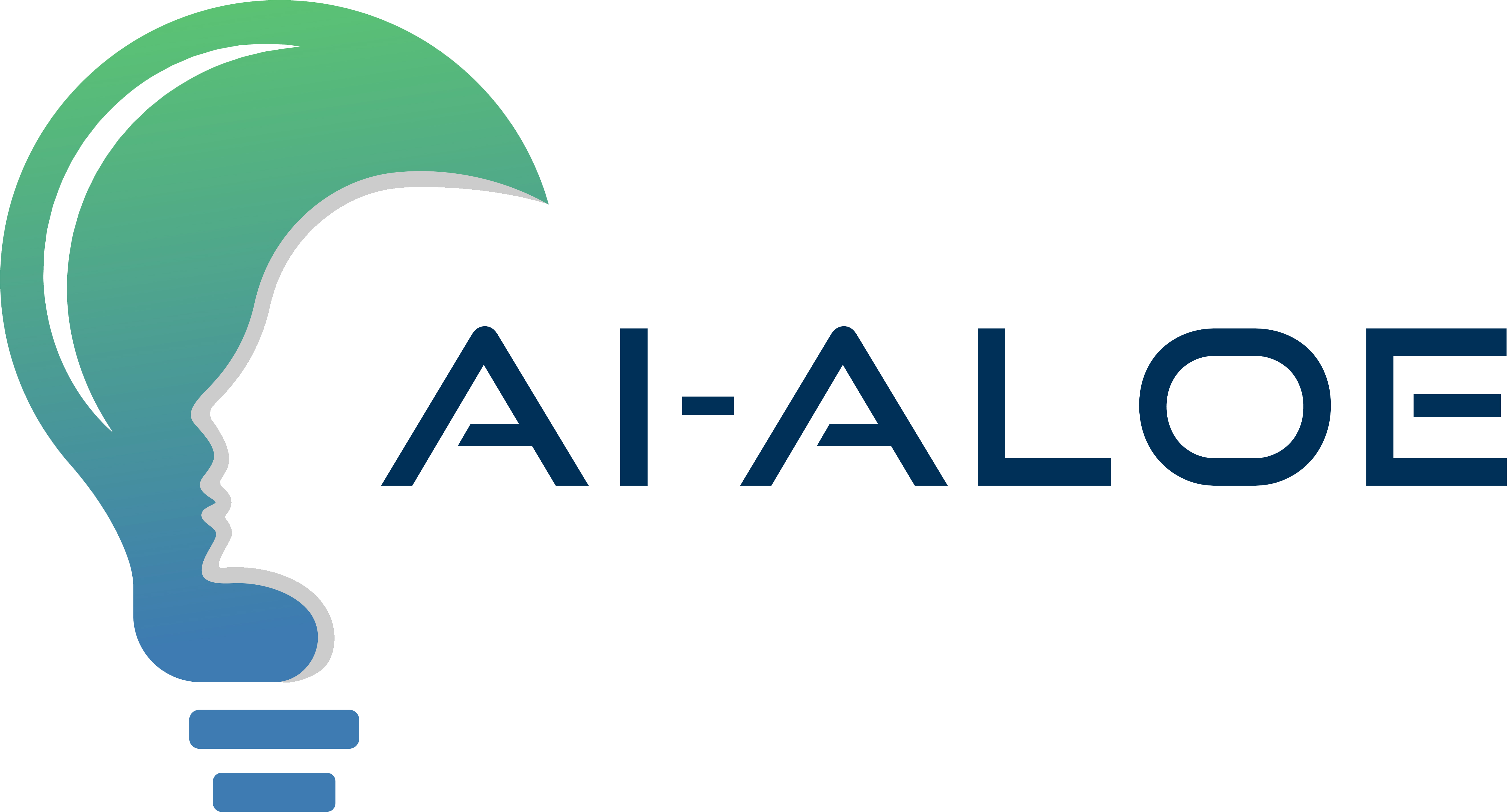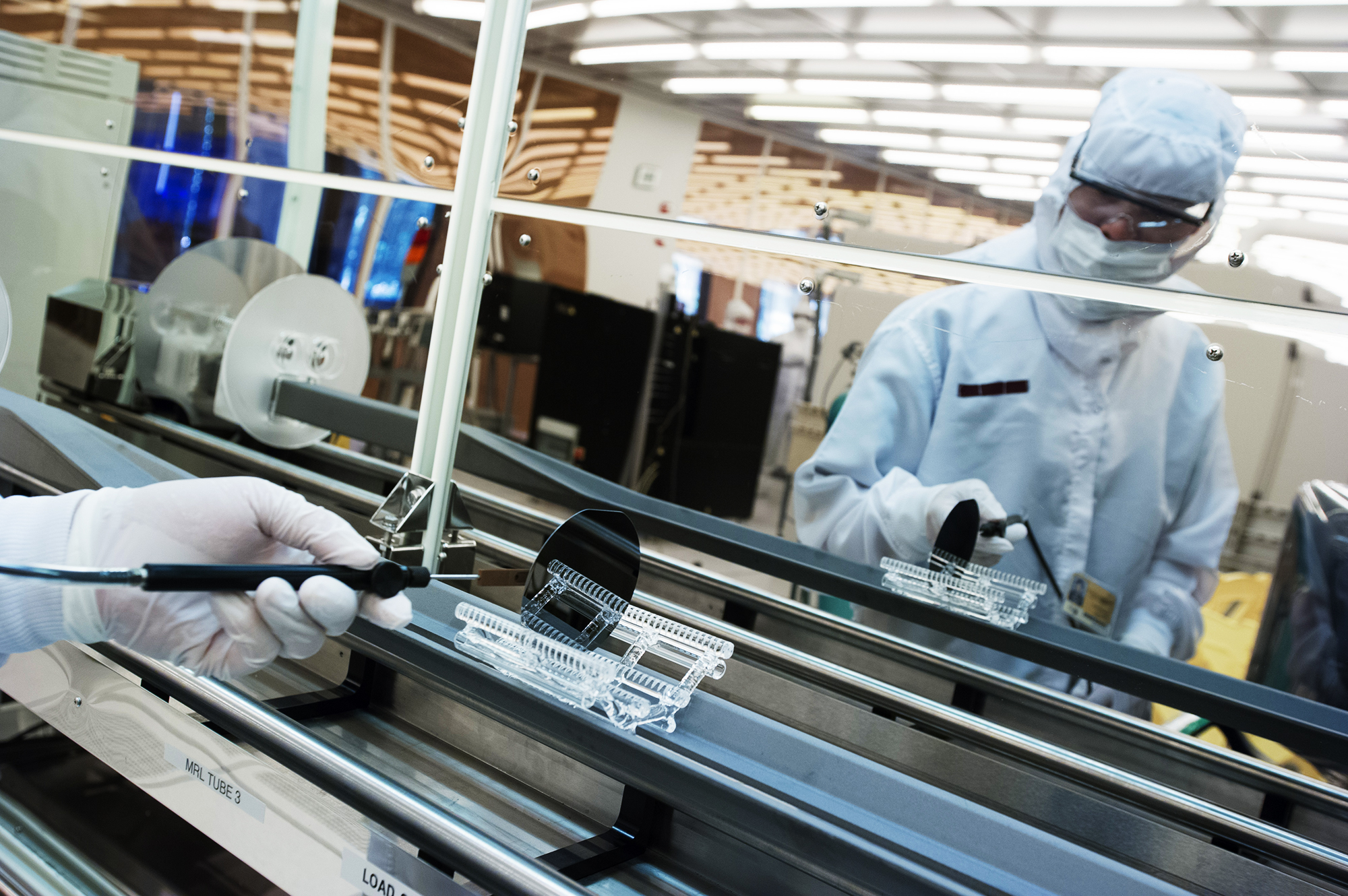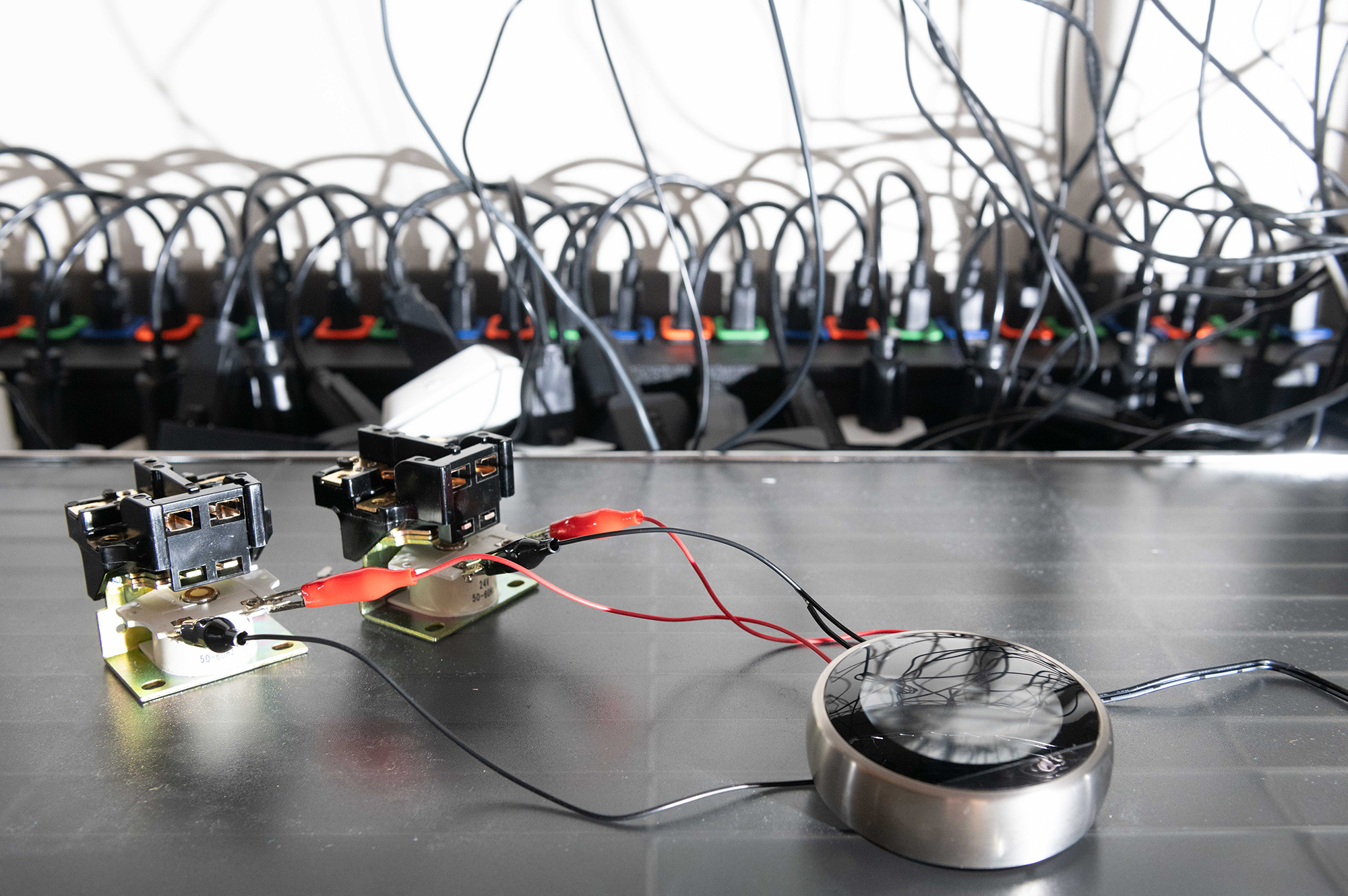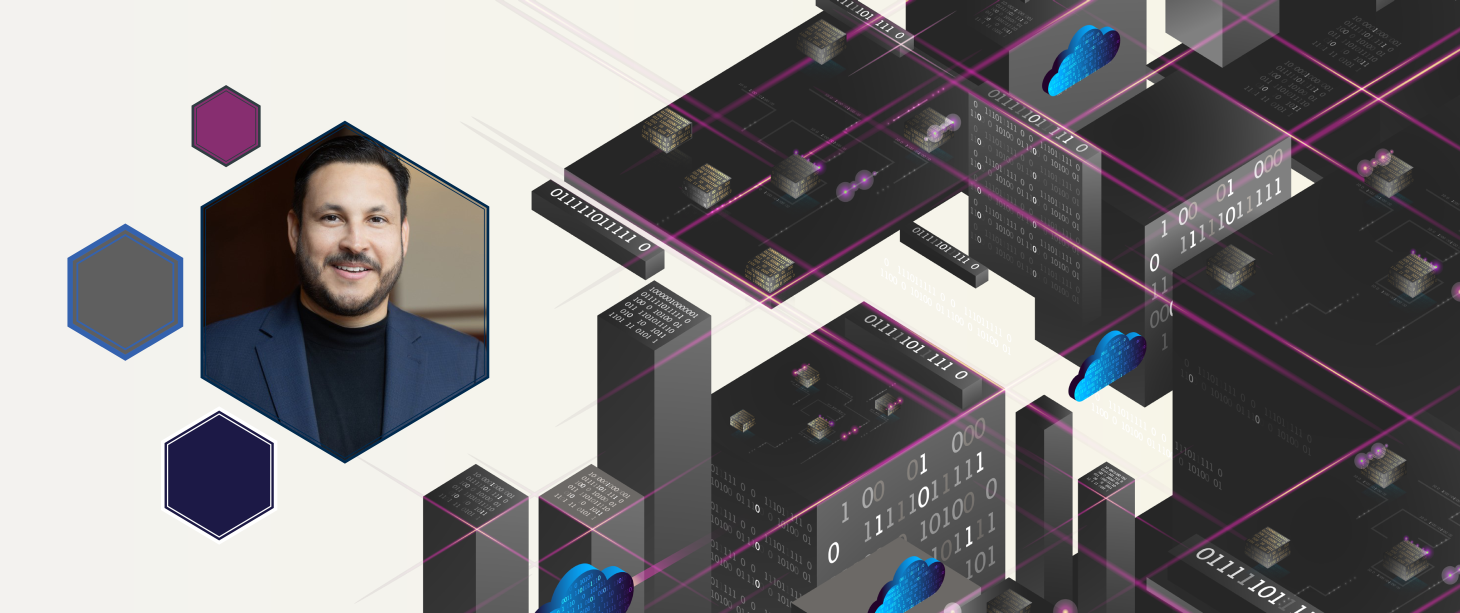Welcome to IDEaS
The Institute for Data Engineering and Science is one of Georgia Tech’s 10 interdisciplinary research institutes (IRIs), providing the coordination and expertise necessary to link researchers across the Institute by strengthening Georgia Tech's position in big data. IDEaS connects research centers and efforts in foundational areas such as machine learning, high-performance computing, and algorithms. It also drives research within disciplines such as precision medicine, materials science, energy, and smart cities, giving researchers what they need to innovate and pursue challenges on a much bigger scale than would otherwise be possible.
News Highlight
Georgia Tech Microsoft CloudHub Partnership Explores Electric Vehicle Adoption
Business and government sectors are embracing electric vehicles, but are U.S. drivers on the same road?
With new vehicle models being developed by major brands and a growing supply chain, the electric vehicle (EV) revolution seems well underway. But, as consumer purchases of EVs have slowed, car makers have backtracked on planned EV manufacturing investments. A major roadblock to wider EV adoption remains the lack of a fully realized charging infrastructure. At just under 51,000 public charging stations nationwide, and sizeable gaps between urban and rural areas, this inconsistency is a major driver of buyer hesitance.
Omar Asensio, associate professor in the School of Public Policy and director of the Data Science and Policy Lab at the Georgia Institute of Technology, and his team have been working to solve this trust issue using the Microsoft CloudHub partnership resources. Asensio is also currently a visiting fellow with the Institute for the Study of Business in Global Society at the Harvard Business School.
Read the Full News Here
Centers
AI Institute for Adult Learning and Online Education (AI-ALOE)
 The National AI Institute for Adult Learning and Online Education (AI-ALOE for short) is a research institute funded by the National Science Foundation (NSF) and Accenture through NSF. Led by the Georgia Institute of Technology, AI-ALOE will develop an AI-based transformative model for online adult learning that can meet this challenge. This model simultaneously uses AI for transforming online adult learning and online adult education to transform AI. These innovative transformations are not “just doing things better” but “doing better things” in effectiveness, efficiency, access, scale, and personalization.
The National AI Institute for Adult Learning and Online Education (AI-ALOE for short) is a research institute funded by the National Science Foundation (NSF) and Accenture through NSF. Led by the Georgia Institute of Technology, AI-ALOE will develop an AI-based transformative model for online adult learning that can meet this challenge. This model simultaneously uses AI for transforming online adult learning and online adult education to transform AI. These innovative transformations are not “just doing things better” but “doing better things” in effectiveness, efficiency, access, scale, and personalization.

Center for High Performance Computing
The Center for High Performance Computing (CHiPC) advances the state of the art in massive data and high-performance computing technology, and solves high-impact real-world problems. HPC scientists devise computing solutions at the absolute limits of scale and speed. In this compelling field, technical knowledge and ingenuity combine to drive systems using the largest number of processors at the fastest speeds with the least amount of storage and energy. The center's focus is primarily on algorithms and applications.

The South Big Data Innovation Hub
Georgia Tech, along with the University of North Carolina’s Renaissance Computing Institute (RENCI), co-directs the South Big Data Regional Innovation Hub that serves 16 Southern states and the District of Columbia. It is part of the National Science Foundation’s four Regional Innovation Hubs, created to build innovative public-private partnerships addressing regional challenges from data analysis and research to data science workforce development. The Georgia Tech location is operationally run as a center of the Institute for Data Science and Engineering.

Transdisciplinary Research Institute for Advancing Data Science
The Transdisciplinary Research Institute for Advancing Data Science (TRIAD) integrates research and education in mathematical, statistical, and algorithmic foundations for data science. Funded by the National Science Foundation as part of their TRIPODS program, it is based at Georgia Tech and includes members from the School of Mathematics, the College of Computing, the School of Industrial and Systems Engineering, the School of Electrical and Computer Engineering, and many more.
Featured Research Areas

Machine Learning
Unstructured and dynamic data analysis, deep learning, data mining, and interactive ML underpin big data foundations and applications.

Health & Life Sciences
Driving predictive, preventive, & personalized care using big data sets from genomics, systems biology, proteomics, and health records.

High Performance Computing
High-performance systems, middleware, algorithms, applications, software, and frameworks for data-driven computing.

Materials & Manufacturing
Microscopic views of materials and scalable modeling and simulation technologies for accelerated development of new materials.

Energy Infrastructure
Sensors and Internet of Things enable infrastructure monitoring. Data analytics improves energy production, transmission, distribution, and utilization.

Algorithms & Optimization
Streaming and sublinear algorithms, sampling and sketching techniques, high-dimensional analysis for big data analytics.






